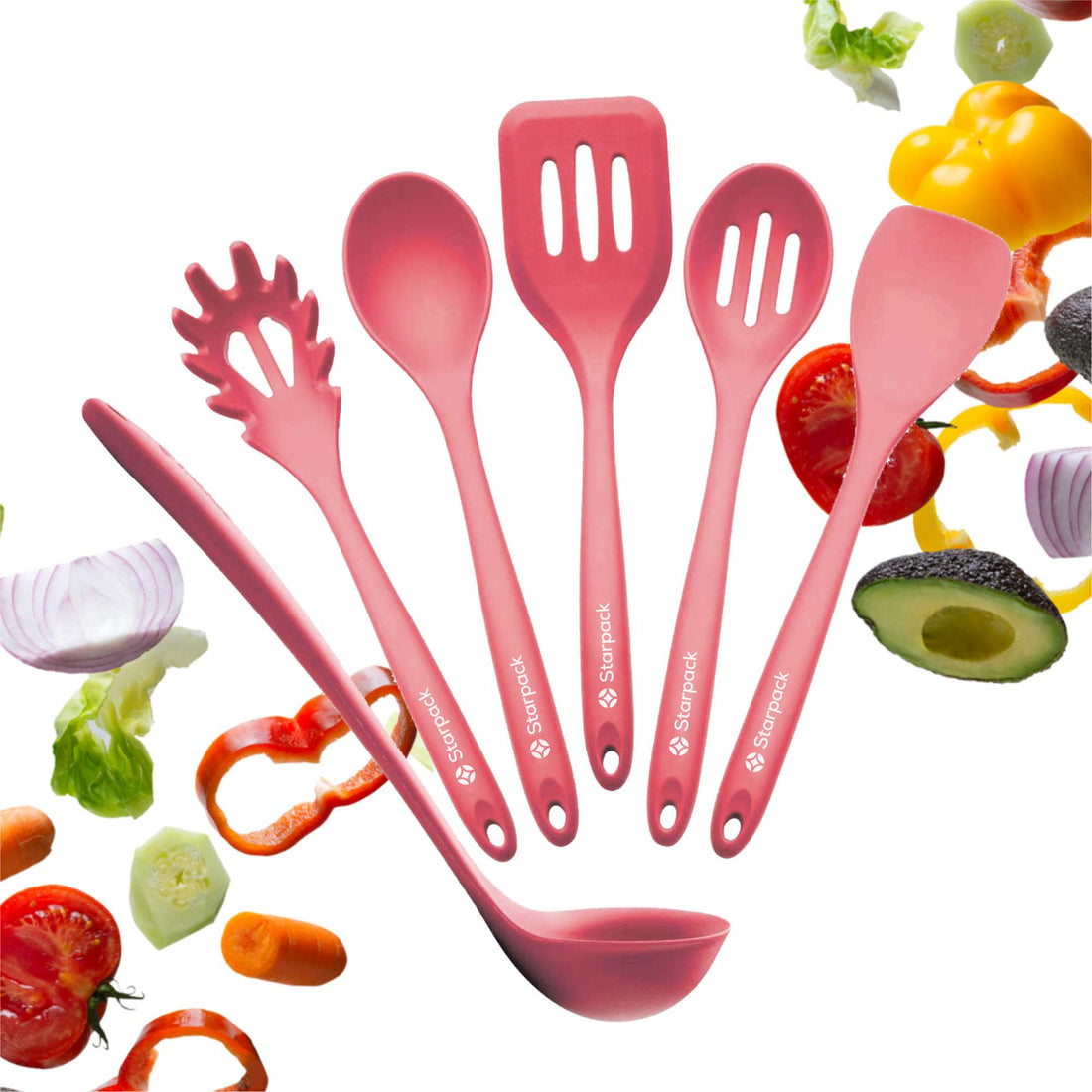As we become more environmentally conscious, small changes in our daily lives can make a big difference. One easy way to make a positive impact is by using eco-friendly kitchen tools. These sustainable alternatives not only help reduce waste but also offer a healthier cooking experience. So, what makes eco-friendly kitchen tools so important, and how can you incorporate them into your kitchen?
1. Why Go Eco-Friendly in the Kitchen?
Traditional kitchen tools are often made from plastic or non-renewable materials, contributing to waste and pollution. Eco-friendly tools, on the other hand, are made from sustainable, recyclable, or biodegradable materials. They last longer, meaning fewer replacements, and support a healthier cooking environment by being free from harmful chemicals like BPA.
2. Sustainable Materials to Look For
-
Bamboo: Bamboo is a renewable resource that grows rapidly and doesn’t require pesticides. It’s a popular choice for utensils like spoons and spatulas due to its natural durability and lightweight feel.
-
Stainless Steel: This material is not only durable but fully recyclable. It resists rust and corrosion, making it a perfect option for kitchen items such as measuring cups, strainers, and mixing bowls.
-
Silicone: Food-grade silicone is heat-resistant, non-toxic, and long-lasting, commonly used in spatulas, baking mats, and oven mitts. It’s an ideal alternative to plastic as it doesn’t release harmful chemicals when exposed to heat.
-
Recycled Plastic: Some companies offer kitchen tools made from recycled plastic, giving new life to waste materials and reducing plastic pollution.
3. Benefits of Eco-Friendly Kitchen Tools
-
Durability: Eco-friendly materials like bamboo, stainless steel, and silicone are built to last, meaning fewer replacements and less waste.
-
Healthier Cooking: Many eco-friendly tools are free from chemicals such as BPA and phthalates, making them safer for food preparation.
-
Environmental Impact: Using sustainable materials reduces your carbon footprint and cuts down on the demand for plastic and other non-renewable resources.
4. Tips for a Greener Kitchen
-
Switch to reusable items: Replace single-use plastic wrap and bags with reusable silicone bags or glass containers.
-
Buy consciously: Look for brands that prioritize sustainable practices, using eco-friendly materials and packaging.
-
Compost food waste: Reduce kitchen waste by composting vegetable peels, coffee grounds, and other organic scraps.
Eco-friendly kitchen tools are a simple but powerful way to make your kitchen more sustainable. Whether it’s bamboo utensils, stainless steel gadgets, or silicone bakeware, every choice you make helps reduce waste, support the environment, and promote healthier cooking habits. Embracing sustainable alternatives is a small step toward creating a greener kitchen and a more mindful lifestyle.



